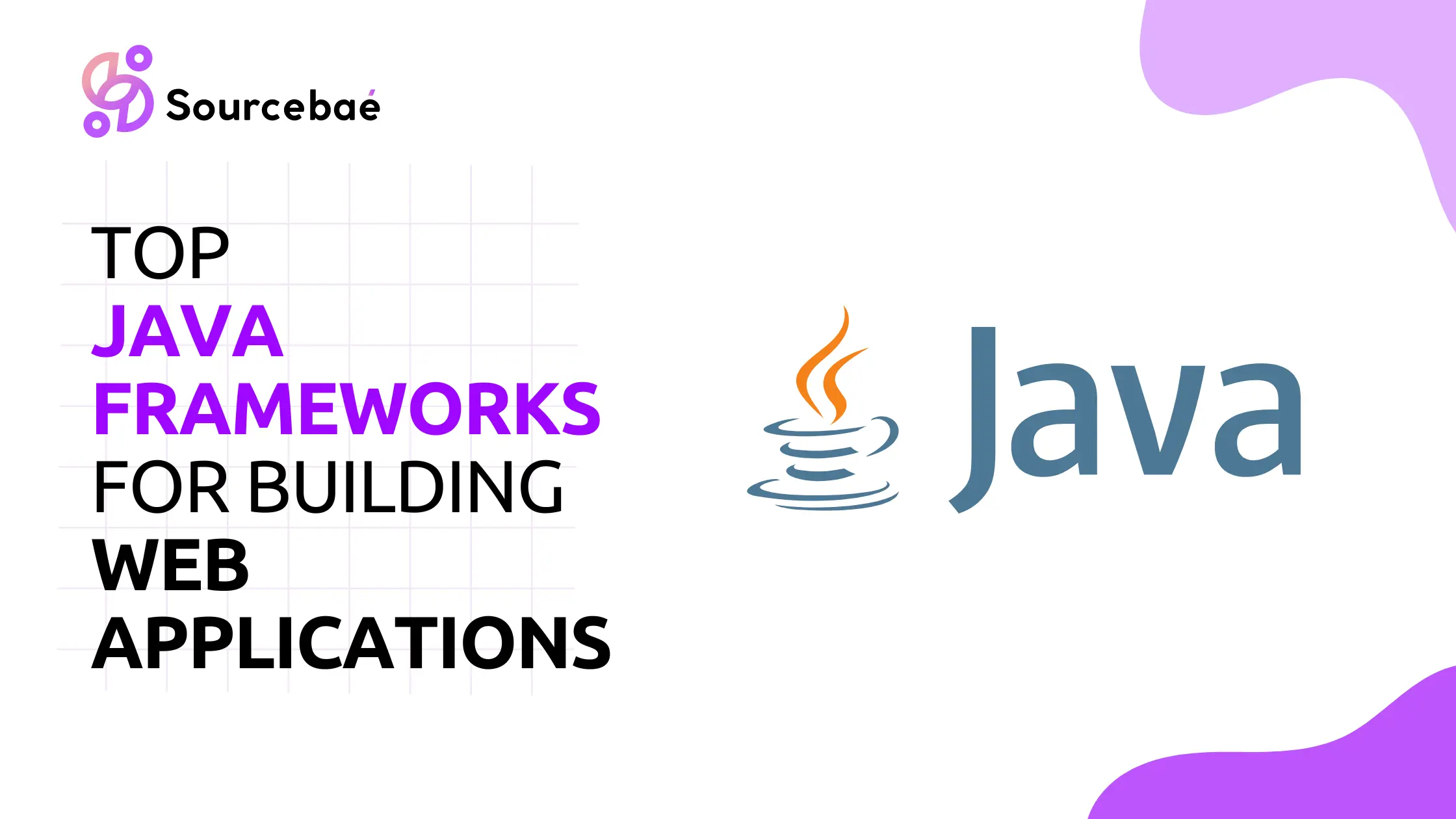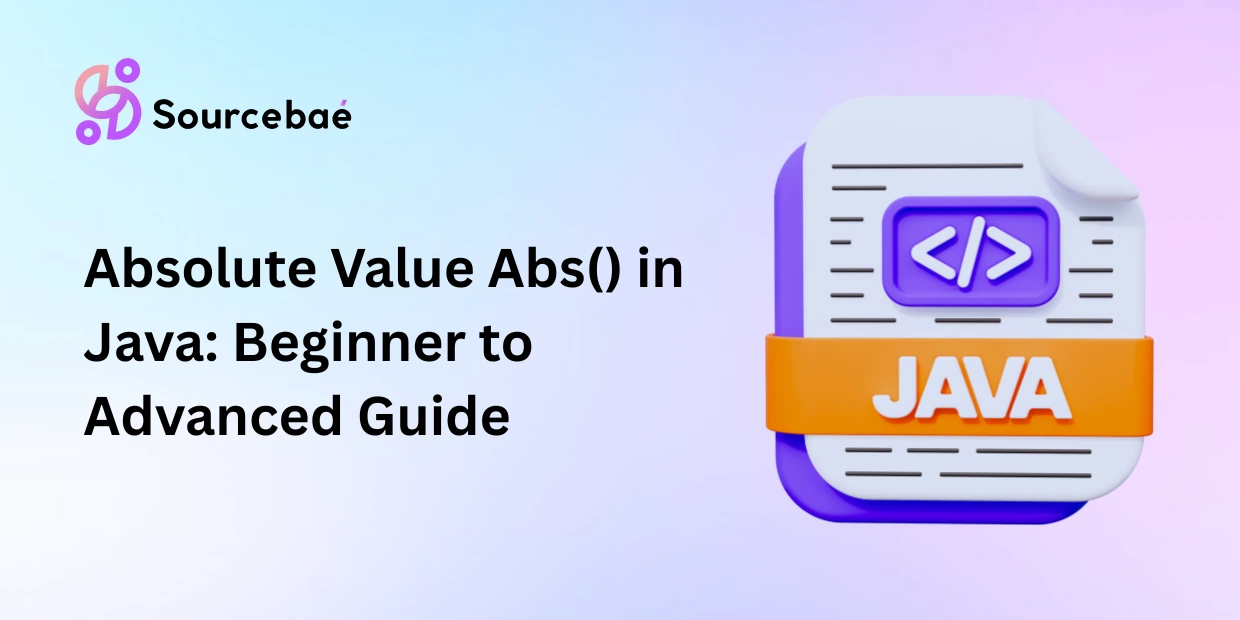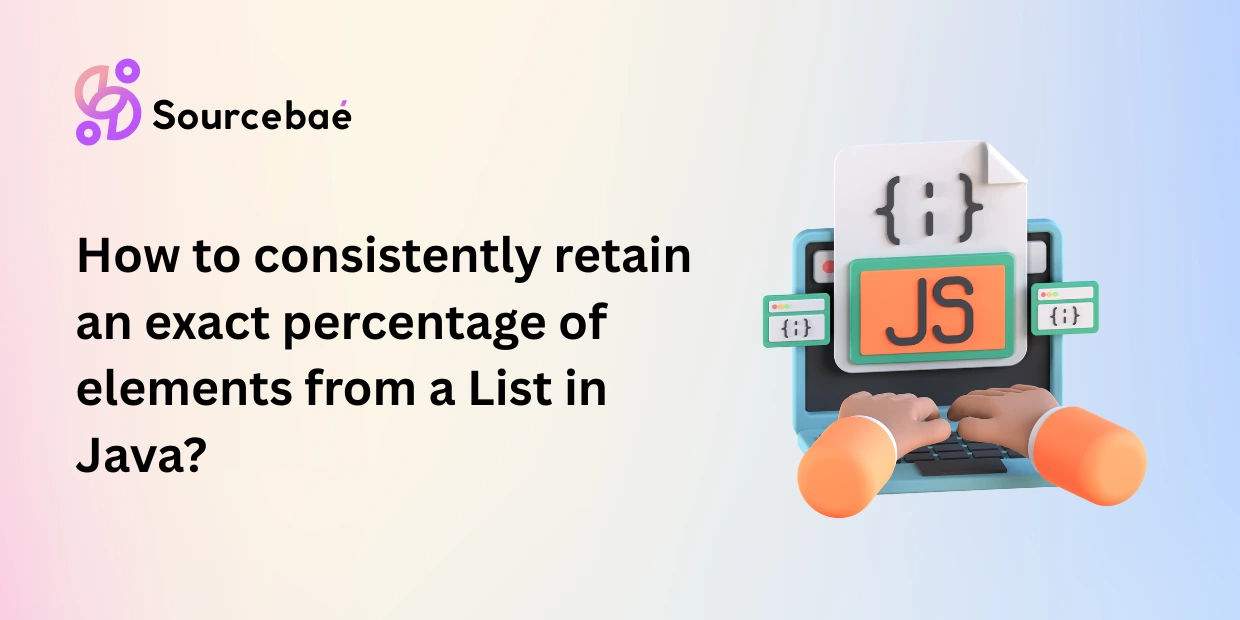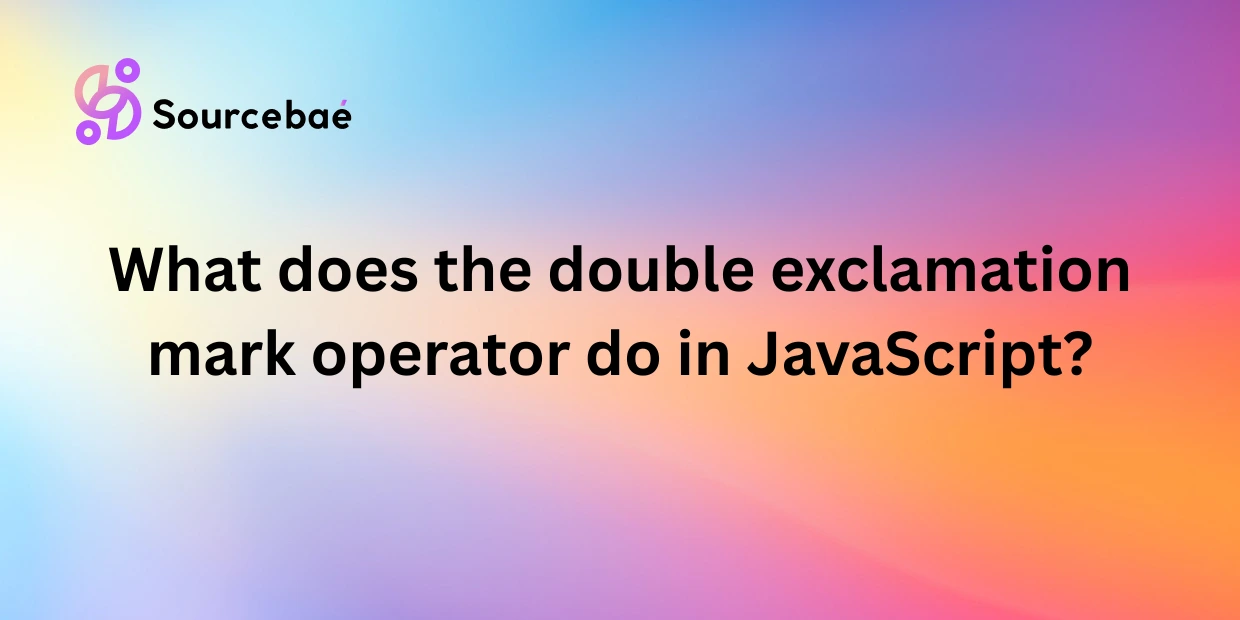Java is one of the most popular programming languages for building web applications. It offers a wide range of tools and frameworks that simplify the development process and improve the overall quality of the application. In this blog post, we’ll explore the top Java frameworks for building web applications.
1. Spring Framework
Spring Framework is a widely-used Java framework for building enterprise-level web applications. It provides a comprehensive programming and configuration model for modern Java-based enterprise applications. Spring Framework supports a wide range of modules, such as Spring Security for authentication and authorization, Spring Data for database access, and Spring Boot for rapid application development.
2. Hibernate
Hibernate is a popular Java framework for object-relational mapping (ORM). It simplifies the development process by allowing developers to map Java classes to database tables, eliminating the need for tedious SQL queries. Hibernate also supports advanced features like caching and lazy loading, which enhance application performance.
3. Struts
Struts is a powerful Java framework for building web applications with the Model-View-Controller (MVC) architecture. It provides a robust architecture that separates business logic from presentation logic, making it easier to maintain and update the application. Struts also supports custom tags, internationalization, and input validation, making it a great choice for building complex web applications.
4. Play Framework
Play Framework is a lightweight Java framework that offers high scalability and productivity. It uses a reactive programming model, which makes it ideal for building real-time applications. Play Framework supports features like asynchronous programming, hot reloading, and testing, making it a great choice for building modern web applications.
5. Vaadin
Vaadin is a Java web application framework that focuses on user interface development. It provides a set of reusable web components that simplify the development of complex user interfaces. Vaadin also supports data binding, internationalization, and server-side Java, making it a great choice for building enterprise-level web applications.
In conclusion, Java offers a wide range of tools and frameworks for building web applications. Whether you’re building a simple blog or a complex enterprise-level application, there is a Java framework that can help simplify the development process and improve the overall quality of your application. The frameworks listed above are just a few of the many available options, and choosing the right one depends on your specific needs and requirements.
Need help navigating the hiring process? Our team of experts is here to guide you every step of the way.






